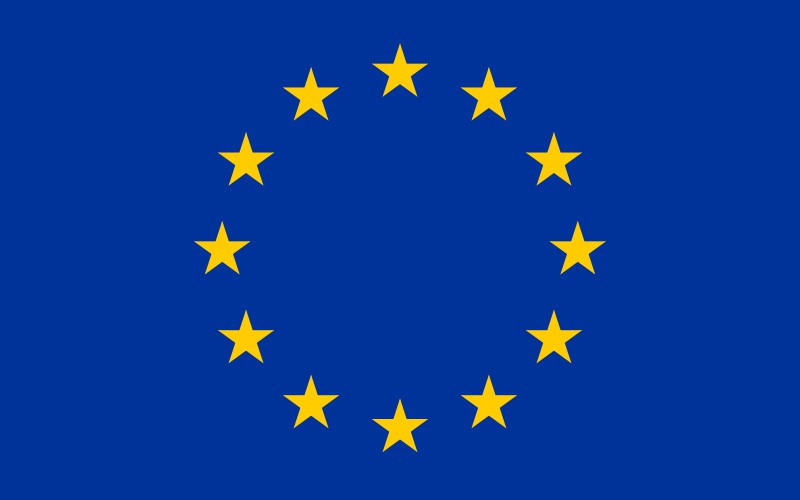Puntland: Training women journalists
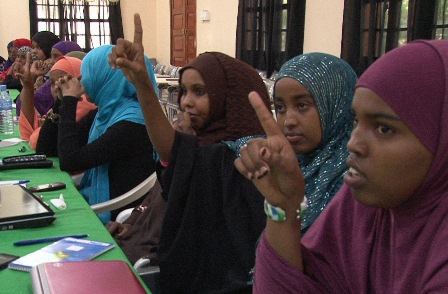
During the last two decades, the Puntland media have undergone a remarkable change. A growing number of radio stations, local and satellite television channels, newspapers and countless websites are all positive signs of a dynamic culture of expression. However, this vibrant media landscape still remains relatively inaccessible to women. In fact, with more than 87% male staff, the media are the most male-dominated business in Puntland. But in early 2012, a group of young women who had just completed their training as journalists formed the Nugal Women Journalists (NUWOJO) to advocate for better female representation in this sector.
Sharing the expertise
Recognizing the commitment and potential of NUWOJO, Interpeace’s local partner, the Puntland Development Research Center (PDRC), decided to support this association through a training workshop. PDRC shared its expertise in capacity-building and gender mainstreaming, as well as its experience with the use of audio-visual tools with the 30 young women journalist who attended the workshop.
PDRC’s mobile Audio-Visual Unit (AVU), which reaches out to remote communities through film projections, provided technical training in filming and camerawork, including practical exercises. This module was particularly popular with the participants, as one of them explains: “This is something we had not been exposed to before, and no girls are working in these areas, so we really appreciated the training.” The workshop provided the young women with a unique opportunity to get hands-on experience, as most of them had received chiefly theoretical training. They also showed a strong interest in the mobile AVU’s experience in documentary-making and its work in local peacebuilding, democratization and gender development.
A major social responsibility
In addition to the more technical aspects related to reporting and editing, the training also put a strong emphasis on the social responsibility journalists have to assume. It highlighted the role of the media in conflict resolution and their potential for peacebuilding, through providing accurate and unbiased information, fostering open communication, building confidence and correcting misconceptions.
Another major component of the workshop was devoted to gender mainstreaming. The aim of this module was to build the capacities of these young women by providing them with a better understanding of issues surrounding gender equality and with the tools to assert their rights. Due to their high visibility, the media have a crucial role to play in defining the way women are perceived by the society.
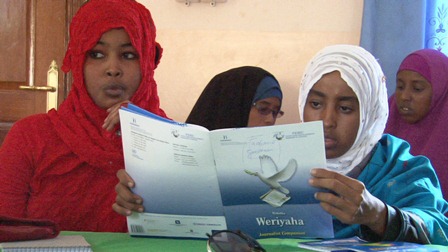 Photo credit: PDRC |
A long-term impact
Despite its dynamic image, the media sector in Puntland is actually characterized by entrenched gender inequality. But by giving motivated women such as these young journalists the opportunity and the means to make their mark, there is a strong potential to improve the standards. “I was really happy to have this training,” shared one of the participants. “It has given me the basis and motivation to keep studying independently even after the workshop. We are very grateful to PDRC for seeing this need and helping us address it.”
The workshop is a part of Interpeace’s effort to support the development of the media in the Somali Region, which also includes the recent publication of a journalists handbook. PDRC’s work has already highlighted the important role of women in peacebuilding in the Somali Region; bearing this in mind, a more significant female presence in the media could have a very positive impact.
Made possible with the support of the European Commission and the contributions from DANIDA, Norway, Sweden, the Swiss Confederation and USAID Somalia.
|
|
 |
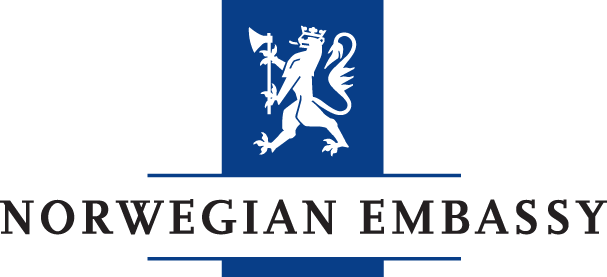 |
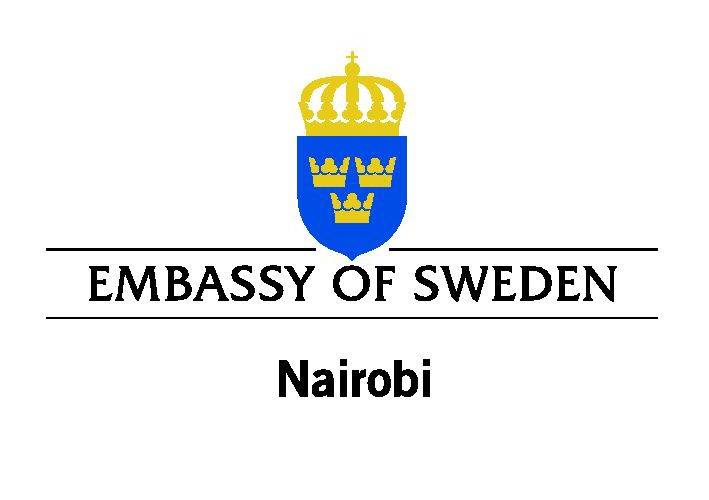 |
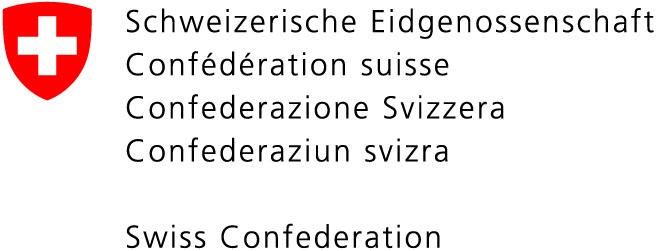 |
